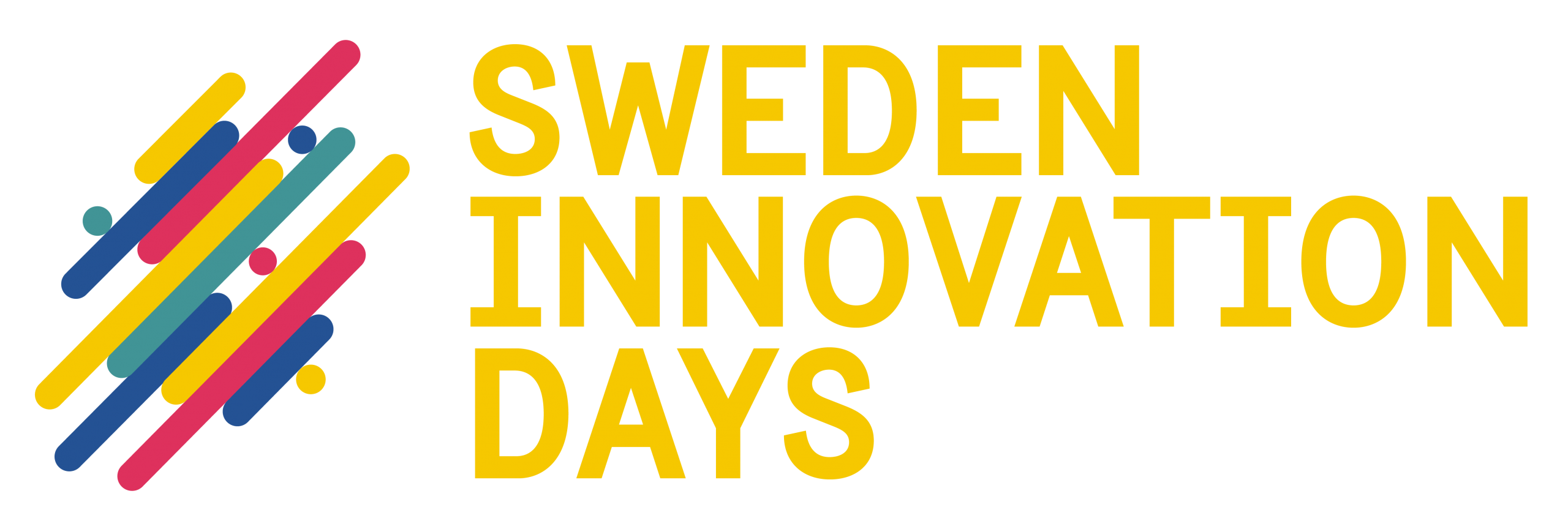Standards are jointly agreed on solutions to recurrent challenges and needs. They are found in every area: from the simplest nail and screw to data communications, healthcare, and the environment. Standardization can create structure at early stages in the development of a product or service and provide a foundation on which innovation can build.
The process of developing standards, entailing both consensus and transparency, allows standards to create combability, interoperability, security and help to reduce redundant product development, allowing to free up resources that can be dedicated to fresh inventive work. In Europe, standards are an effective tool to demonstrate compliance with EU legislation while international standards create a common language for trading partners and support trade across global supply chains.
The president of ISO, Ulrika Francke, will introduce how the international standardization system contributes to promoting innovation and providing solutions to address global challenges. Representatives from different sectors will give their views on what standardization has meant for their organizations in terms of innovation, sustainability and international competitiveness. Learn how you can implement standards to unleash creativity and avoid reinventing the wheel.
Speakers
- Ulrika Francke, President, International Organization for Standardization (ISO)
- Dr. Christofer Laurell, Vice president Research and Public Affairs, Einride
- Dr. Per Fröjdh, Vice President International Standards, Ericsson
- Dr. Johan Ek Weis, Project Manager, Chalmers Industriteknik
About the organiser
The Swedish Institute for Standards, SIS, is a non-profit association and a Swedish standardization body. SIS is appointed by the government to represent Sweden in ISO and CEN. SIS leads the Swedish work on developing standards and provides and manages standards to be spread and used in Sweden. SIS contributes to the development of international standards and works for Swedish influence in international standardization within ISO and CEN. Furthermore, SIS offers training and counseling services. SIS finances its activities mainly through participation fees and the sale of standards.
SIS works closely with the private and public sectors – with business, academia, Swedish authorities, consumer representatives, voluntary organizations and other stakeholders. Together with SIS they can create a platform that promotes Sweden’s competitiveness and a smart, sustainable society.







